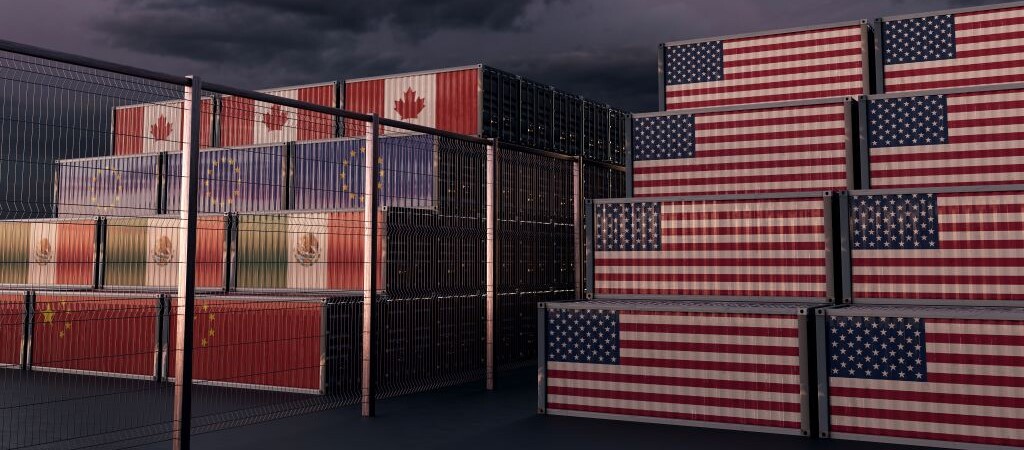A Sigh of Relief—But Proceed with Caution
For SMEs that export to the U.S. or rely on foreign supplies, the delay is good news in the short term. It avoids immediate price hikes on materials and finished products. However, the exception for China keeps uncertainty high, as many European businesses depend on Chinese components or semi-finished goods.
What Should SMEs Watch Out For?
- Supply Chains – If your company imports raw materials or parts from China, consider local alternatives or suppliers in low-tariff-risk countries.
- Pricing & Contracts – Ensure suppliers don’t adjust prices preemptively in anticipation of future cost increases.
- Financial Flexibility – Bond markets remain jittery (10-year Treasury yields are above 4%), signaling that instability could resurface. Maintaining liquidity to cover potential cost spikes is advisable.
- Monitor political developments, as the next 90 days could bring new negotiations—or new conflicts.
A Political Move, Not a Solution
Trump delayed the tariffs—but didn’t scrap them. Some analysts believe this was a reaction to market pressures rather than a genuine step toward dialogue. If tensions flare up again in the coming months, SMEs must be prepared to:
- Deepen reliable trade relationships by diversifying into new countries, including lower-risk regions, with a focus on exploring local partnerships, particularly within Europe
- Adjust pricing to absorb potential extra costs
- Accelerate digitalization by using procurement platforms like europages to optimize processes and compensate for tighter margins.
Conclusion: A Pause, Not a Free Pass
The 90-day reprieve is an opportunity to reassess strategies and mitigate risks. The most agile businesses, those that adapt quickly, will gain a competitive edge. The big question remains: Will this pause lead to a negotiated agreement, or is it just the calm before a longer trade war?

